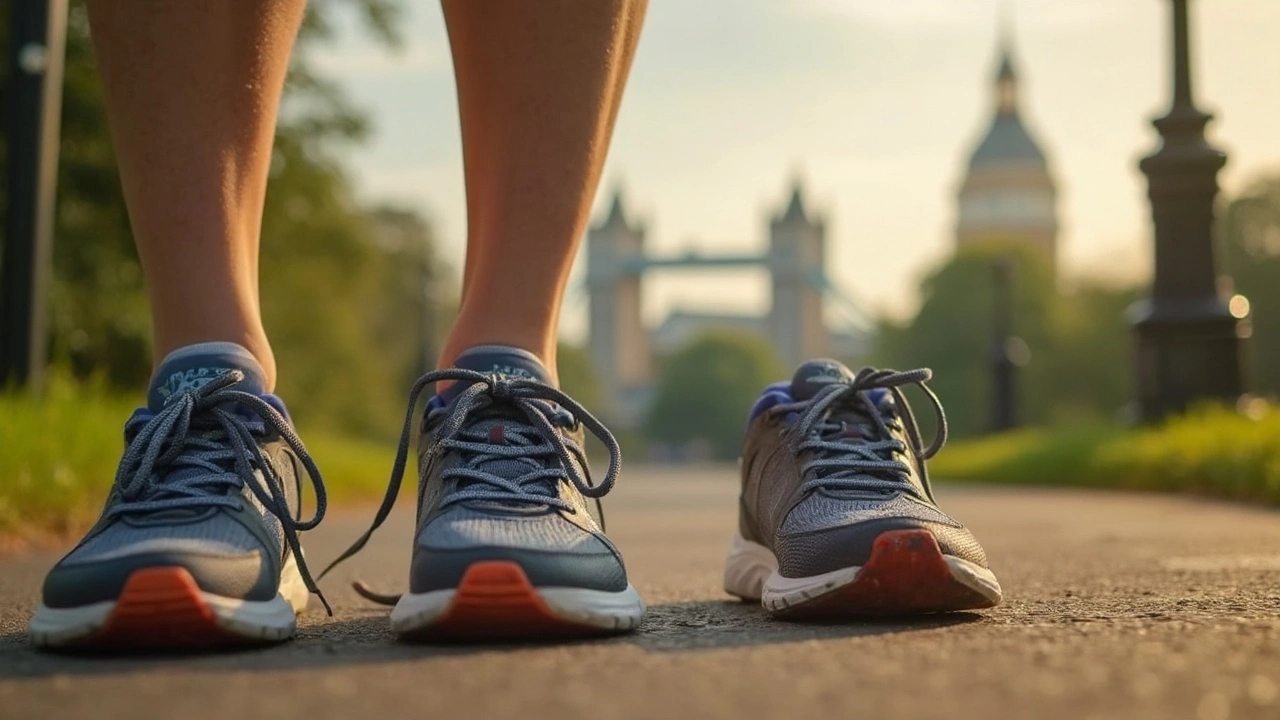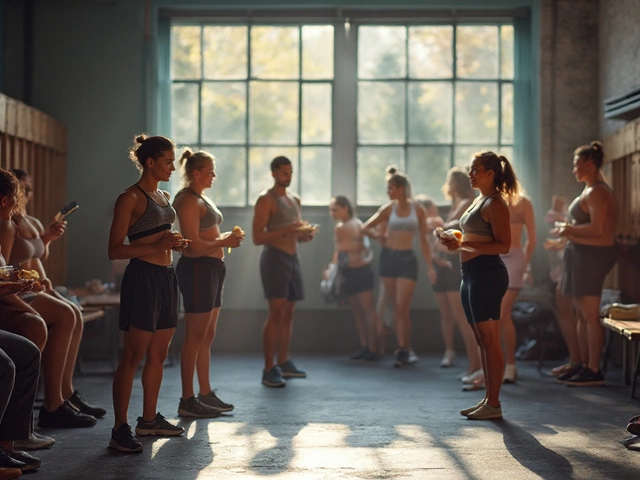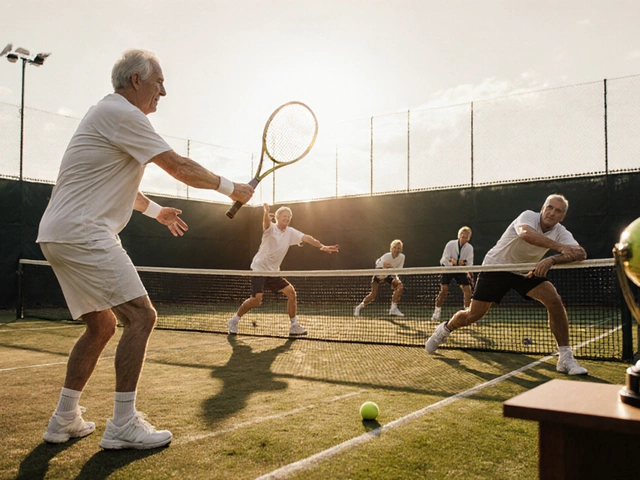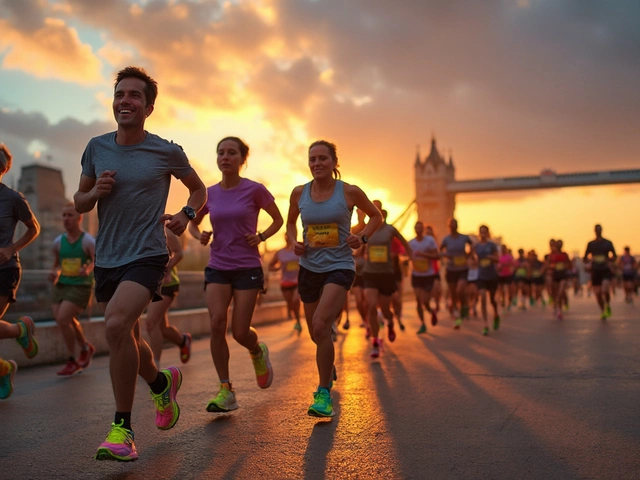Tips for Better Sports Performance: What Actually Works
When it comes to tips, practical advice that leads to real improvement in physical performance. Also known as effective training strategies, these are the small, repeatable actions that separate those who progress from those who spin their wheels. It’s not about buying the latest gear or following a viral workout. It’s about consistency, smart recovery, and understanding what your body actually needs.
Good tips don’t promise overnight results—they give you a path. Think about recovery, the process of restoring your body after physical stress. Also known as rest and repair, it’s not laziness—it’s when your muscles grow stronger, your energy returns, and your nervous system resets. Without it, even the best training plan fails. That’s why posts here cover sleep, foam rolling, hydration, and when to take a day off. Then there’s training, structured physical activity designed to improve strength, endurance, or skill. Also known as workout planning, it’s not about going harder every day—it’s about going smarter. Whether you’re lifting 5x5, running your first marathon, or learning to swim at 40, the right training plan matches your goals, your schedule, and your body’s limits.
And let’s not forget fitness, the overall state of physical health and ability to perform daily and athletic tasks. Also known as functional strength, it’s not just about looking good—it’s about moving well, staying injury-free, and keeping up with life. The posts below don’t sell quick fixes. They show how to lose belly fat without starving, how to build muscle while running, why working out three times a week is enough, and how to actually get fit without burning out. You’ll find advice for tennis players over 40, marathoners bridging the gap from 10 miles to 26.2, swimmers overcoming fear, and rugby players understanding why their legs are so big. These aren’t random ideas—they’re tested methods from real people doing real things.
What you’ll find here isn’t theory. It’s what works on the track, in the gym, on the field, and in the pool. No jargon. No hype. Just clear, direct advice that helps you move better, feel stronger, and stick with it longer.
Should Running Shoes Be a Size Bigger?
Wondering whether your running shoes should be a size bigger? This article breaks down what actually happens to your feet during a run, why shoe size really matters more than you might think, and the risks of sticking to your regular size. Tips for finding the perfect fit, common mistakes, and personal stories from real runners will help you skip blisters and actually enjoy your miles. Ready to lace up smarter?





